Have you ever heard television or radio show host ask really stupid questions?
Or have you been interviewed and had the interviewer ask you about things totally unrelated to what you really wanted to talk about?
If you’re promoting a book, or just promoting yourself as an expert, you have more opportunities than ever for media appearances – network news and talk shows, traditional radio, satellite radio, podcasts, online audio and video broadcasts, blogs and more.
A great way to make yourself a popular, sought-after guest and get your message out to the audience is to help the show host prepare. Yes, there will always be the host who is looking to catch you off guard and throw you a zinger, but most really want a smooth interview with information their audiences want.
The way to help is to provide a list of questions related to your topic and the answers you’re prepared to give. This gives interviewers ideas they may not have thought of and lets them know what you’re going to say so they can prepare follow-up questions.
Remember that show hosts interview a lot of authors and there are not enough hours in the day for them to read every book they discuss. The most practical and effective way for them to find out your key messages is for you to tell them.
Your basic media kit should include a list of at least 10 questions and answers that would create a lively discussion. Though each question can build on the subsequent one, they should also stand alone.
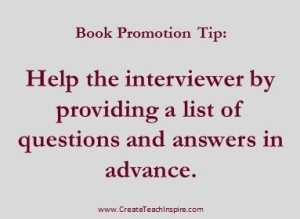 Make your written answers complete but concise – at the most, a 3-4 sentence paragraph that tells broadcast interviewers what you’re going to say and gives print reporters quotes they use in their article. Certainly you can expand your response during the interview, but this document needs to be a quick read.
Make your written answers complete but concise – at the most, a 3-4 sentence paragraph that tells broadcast interviewers what you’re going to say and gives print reporters quotes they use in their article. Certainly you can expand your response during the interview, but this document needs to be a quick read.
Keep in mind that interviewers may not use all of the questions you provide, and they might change the order around. They don’t want to sound like they’re reading a script, and neither do you. Don’t write the chit-chat (“that’s a good question” or “I’m glad you asked that”). Keep it to the point and basic, and let the interviewers customize it to their style.
Your Q&A document is also a good place to provide any important numbers or resources that may come up during the interview. You might even highlight that information so it’s easy to spot.
If you're providing a customized Q&A sheet, a good rule of thumb is to provide an average of five questions for every 15 minutes of air time. When possible, include questions geared to the specific audience – it makes the host look good, and when you do that, you’re going to look good.
The author Q&A document should be a standard part of any book promotion plan (including your information package if you're doing speaking engagements), but it also works if you are a thought leader wanting to make comments on a current news issue.
Join the conversation! Share your interview advice and experiences below.
- Discovering the Counter-Cultural Jesus - April 12, 2024
- Google Chrome Tip: Navigating Your Tabs - March 15, 2024
- Start a Workplace Book Club - February 14, 2024

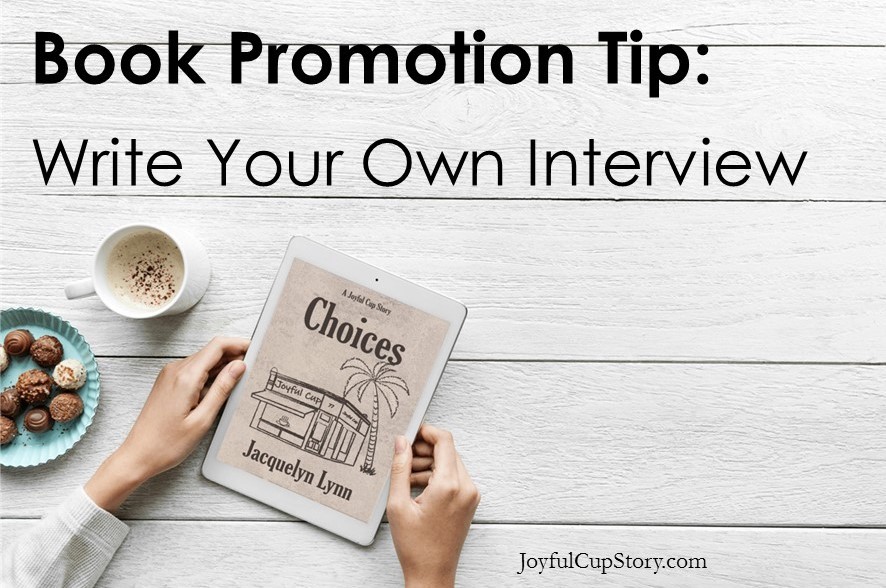
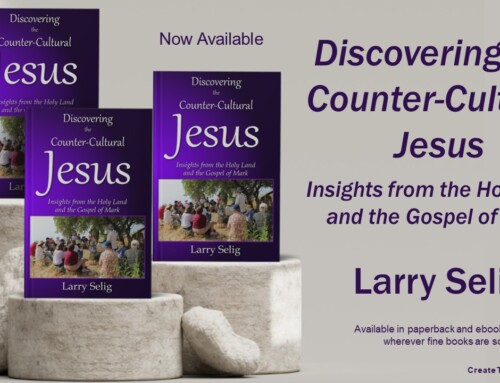
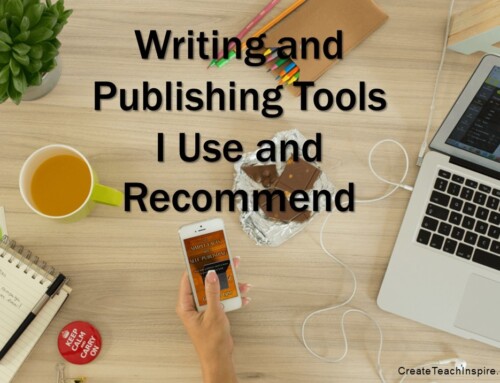


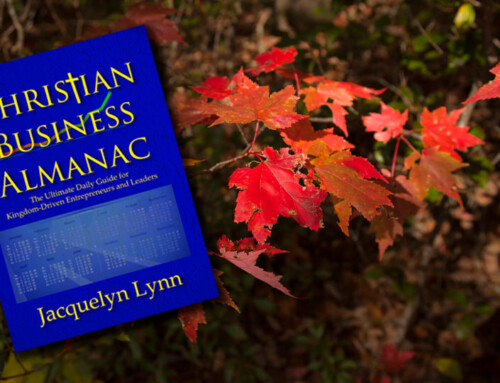
Leave A Comment